Since the first Africans were brought to Thirteen Colonies in 1619 until the last achieved freedom in 1865, African-Americans sought to tell their stories. The majority, lawfully denied education, told their stories through the oral tradition within the African-American sub-culture. Others dictated their life story to abolitionist who used ex-slave’s experiences to highlight the cruelty and injustice of slave life. And then there were those like Harriet Jacobs and Fredrick Douglass who were able to write with their own pen for the world to recognize the horrendous plight of those under slavery.

Smith’s Plantation, 1862, S. Carolina Source: U.S. Library of Congress
Regardless of the means, the slave narrative flows from a long overlooked and often hidden away past. Often enduring severe torture, labor exploitation, sexual abuse, and many other horrors, the slave’s narrative is not Gone with the Wind or any other piece of romanticized literature. It is a raw, unfiltered, look at life and survival by those who lived it. Read below for 21 things you just may have not known about slave narratives.
1. There is often conflict between academics in whether to view narratives as historical or literary works.
2. Slave autobiographies, such as those by Fredrick Douglass and William Wells Brown were extremely popular in the 19th century amongst White Americans. For example, slavery advocates read them for proof of Black inferiority, abolitionists read in support of equality, and academics used to debate whether Blacks could learn and reason.
3. “The Narrative of the Life of Fredrick Douglass” 1845, sold 30,000 copies in the USA and Britain by 1860. Born free but kidnapped and sold back into slavery, Solomon Northrup’s narrative sold 27,000 in its first two years.
4. The slave narrative has been defined as the antithesis to the plantation novel.
5. At times, White 19th century writers published faux slave autobiographies under pen names. It was considered a literary feat if a writer could convincingly imagine himself in the life of a slave.
6. Research has shown that 90% of ex-slave speeches, letters and autobiographies were written by their true ex-slave authors.
7. Due to race and gender subjugation Black women were less likely to become literate post- slavery and wrote only 12% of slave autobiographies. Most of their accounts were dictated and transcribed by someone else.
8. Between 1936 and 1938, the last remaining African-American ex-slaves in 10 states were interviewed by the Works Progress Administration’s (WPA) Federal Writer’s Project.
9. The WPA narratives encompass 2,300 accounts of slavery and over 200 photographs from 1936-38. Many interviewees were well above 80 years in age and were enslaved towards the Civil War.
10. It is been argued that the predominantly White WPA interviewers were often untrained, unsympathetic, sometimes racist, and pushed for positive answers.
11. Some researchers have charged that the WPA interviewers edited out parts they found unimportant such as slave religion, cruel slave masters, lynchings, runaway slaves, punishment, and stories about serving in the Union Army.
12. Many ex-slaves, still living in the south not far from the descendents of their masters, feared White reprisal for telling their stories.
13. Research on the “1936-38” WPA slave narratives has shown that ex-slaves were most honest when the interviewer was African-American, but few Blacks were hired. They were somewhat more honest if the interviewer was a White woman rather than man.
14. The WPA slave narrative also includes accounts from Blacks held in slavery under American Indians.
15. The Oklahoma and Texas WPA narratives, for example, include accounts of slaves held by the Choctaw and Cherokee.
16. It is controversial that the WPA narratives of 1936-38, were governed by America’s Folklore Division rather than its Office of Negro Affairs.
17. Amazon Kindle has the full WPA narratives for free! Included are Georgia, Texas, Wisconsin, Virginia, Arkansas, Maryland, Carolina’s, Indiana, Mississippi, and Tennessee.
18. Although a typical occurrence that many African-American slave women refused to speak about, Harriet Jacobs was the first slave woman to write about the sexual abuse she suffered under her master and that he fathered many slave children.
19. Three ex-slave women that produced narratives were Louisa Picquet, Sojourner Truth, and Harriet Jacobs.
20. William Wells Brown, John Thompson, and Henry Watson wrote narratives about their lives as fugitive slaves.
21. The slave autobiography was not just a life’s account; it served as a means of achieving equality. Henry Louis Gates wrote, “…the presupposition went, a black person could become a human being by an act of self-creation through the mastery of language.”
Original Article Written By Nicole Paschal for Hubpages –http://vegavallari.hubpages.com/hub/21-Things-You-Didnt-Know-African-American-Slave-Narratives

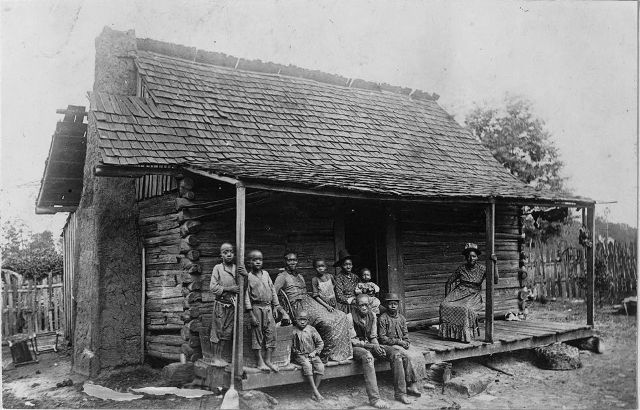



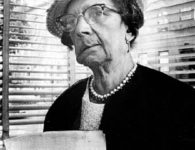
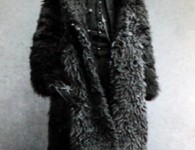
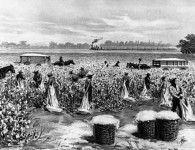



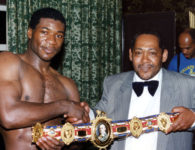
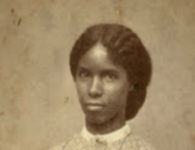

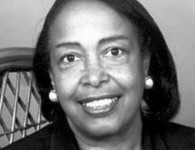
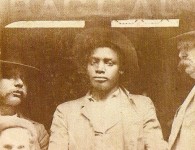
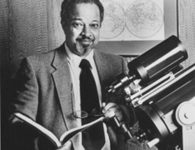

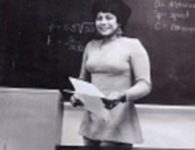

9 Comments
The full
Kindle narratives are not free.
Well the LOC has them, if not formatted for Kindle..(?)
https://www.loc.gov/collections/slave-narratives-from-the-federal-writers-project-1936-to-1938/about-this-collection/
I’m always interested in all discussions on slavery and the institution of slavery. I am an active member of the 2nd Infantry Regiment Division of the USCT (United States Colored Troops) North Florida Chapter- Living History Association from Tallahassee Florida. I am a civil war reenactor. I am a African American female, my character I reenact is a runaway slave, I am contraband and I also reenact as a cook in the war camps; my role as a runaway slave runs deep within my soul, my emotions….I can feel my character; I usually take the day off from work mainly the day before the reenactment of the battles, so that I can get into character. When I read articles about the plight of slavery and my enslaved ancestors, I get more of an understanding of the endurance of my people and I try to represent those who have gone on, with accuracy, dignity, respect and love. Here’s to articles like this one that you’ve written so that the truth is known and the those who know the truth are set free….and those who are free are free indeed….
Wow interesting
I got what you mean , thankyou for posting .Woh I am thankful to find this website through google. “The test and use of a man’s education is that he finds pleasure in the exercise of his mind.” by Carl Barzun.
Absolutely indited written content , appreciate it for information .
Pretty! This was an incredibly wonderful post. Many thanks for supplying this info.
Please let me know if you’re looking for a writer for your blog. You have some really good articles and I think I would be a good asset. If you ever want to take some of the load off, I’d love to write some content for your blog in exchange for a link back to mine. Please shoot me an email if interested. Many thanks!
My grandfather came up under a religion l haven’t heard of. Trying to find out what that was.